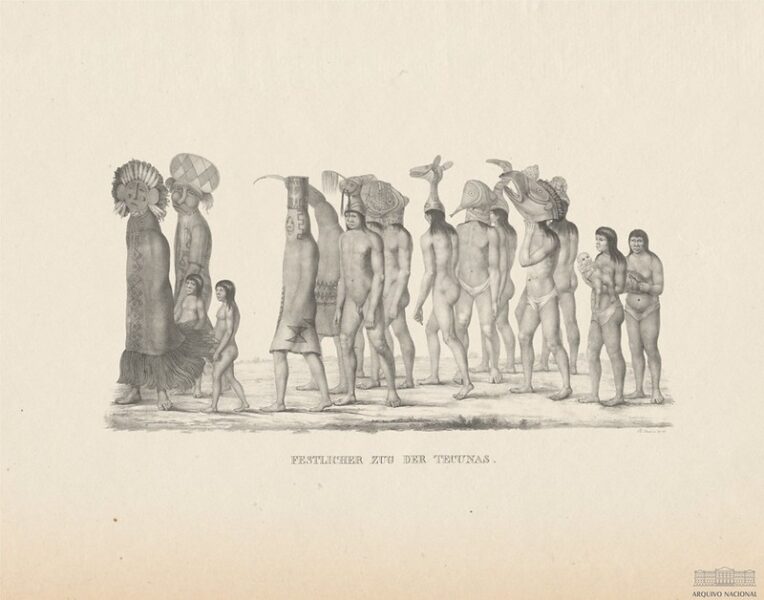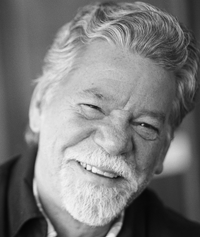
According to population estimates for 2022, Brazil will have 214 million inhabitants. It is the most populated country in Latin America, surpassing Mexico, and the sixth most populated in the world. Most of the country’s territorial extension corresponds to the Amazon, originally inhabited by indigenous people of many ethnic groups, who were the original inhabitants of the immense Brazilian territory. But this indigenous population has been violently reduced since colonial times, when the Portuguese arrived. And then, it has been the victim of the cruelty and abuses of the colonizers and rubber barons. Now, for several decades, the indigenous people have been harassed and exterminated by the garimpeiros, gold prospectors, and by the large national and multinational companies that cultivate large extensions of soybean monoculture and raise cattle. In their expansion, these interests have devastated the Amazon forest, destroying the habitats of indigenous groups and Amazonian biodiversity.
Now there are only 896,000 indigenous people left, according to Census figures, representing only 0.42% of the country’s total population, distributed in some 305 indigenous groups, always harassed and threatened with dispossession of their territories by business groups, grouped in the powerful Agricultural Parliamentary Frontwhich serves the economic interests of large producers and landowners.
The Amazonian indigenous groups spoke about 300 languages, forming an area of great linguistic richness. But now they are reduced to no more than 274, many without writing, reduced to orality. Some with very few speakers, irremediably condemned to extinction. In the two decades of the 21st century, 25 languages have disappeared, at a rate of almost one for every year that has elapsed, according to the Madrid daily El País of 12.09. 2022.
The most widely used indigenous language in the Brazilian Amazon is Tikuna, spoken by some 40,000 indigenous people. But Tikuna is an exception, as many languages have few speakers, usually no more than 50 people. The Portuguese language, essential for entering the labor market, overshadows and overrides the rich cultural heritage of the Amazonian indigenous languages, condemning them to disappear.

Dr. Rafael Cartay is a Venezuelan economist, historian, and writer best known for his extensive work in gastronomy, and has received the National Nutrition Award, Gourmand World Cookbook Award, Best Kitchen Dictionary, and The Great Gold Fork. He began his research on the Amazon in 2014 and lived in Iquitos during 2015, where he wrote The Peruvian Amazon Table (2016), the Dictionary of Food and Cuisine of the Amazon Basin (2020), and the online portal delAmazonas.com, of which he is co-founder and main writer. Books by Rafael Cartay can be found on Amazon.com
This post is also available in:
![]() Español (Spanish)
Español (Spanish)
